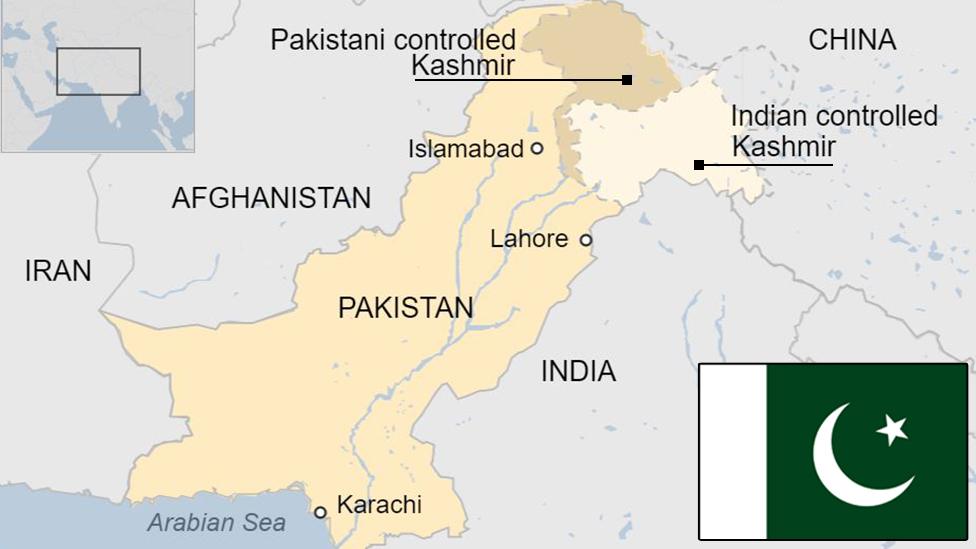Family devastated by Taliban murder of Pakistani porter
- Published
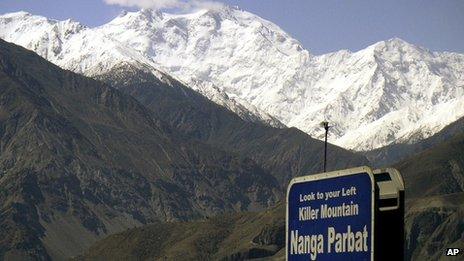
At least 15 gunmen dressed in the uniform of local security forces carried out the attack on Nanga Parbat
The Taliban in Pakistan have said that the shooting of 10 climbers in the north of the country on Monday was carried out by a branch of the militant group set up to target foreigners. Among the dead however was Pakistani Shia Muslim Ali Hussain, whom officials say may have been targeted because of his religion. The BBC's M Ilyas Khan has been speaking to family of the murdered porter and cook.
Mr Hussain was the only Pakistani who died - at least four other Sunni Muslim local staff were reportedly spared by the hardline attackers who see Shia Muslims as heretics.
Those killed on Monday were forced to kneel and were shot in the head, officials said. They were identified as American, Chinese, Ukrainian, Slovakian, Lithuanian and Nepali.
Friends and family say that Mr Hussain, 28, lived a busy and productive life occasionally working as a cook-cum-porter in the area around Nanga Parbat mountain and other locations.
An ambulance brought his body to his home village, Hushe, in the Skardu area of Gilgit-Baltistan region on Sunday night.
Relatives say he had bullet wounds in the head and chest.
One of them, Ali Khan, was not there, but when contacted by the BBC in nearby Skardu said that the dead man's young family was devastated.
"He was hard-working, a good earner, and a high achiever, given the area that he came from," he said.
High-altitude porter
Ali Hussain was born in Hushe, located in the midst of a remote mountain desert, some six gruelling hours by jeep north of Skardu, the administrative centre of Baltistan district.
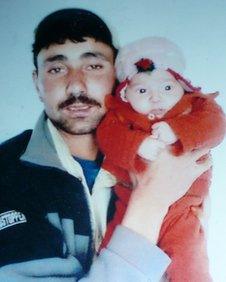
Ali Hussain with his son who is now five
There are no roads and there were no proper schools when he was growing up.
"But he progressed to become an experienced high-altitude porter who climbed up to the 8,000m Camp Four of K-2 mountain in 2010, and the 7,000m Camp Three of the Broad Peak in 2008," Mr Khan said.
It was Mr Hussain's skill as a cook that resulted in him becoming a porter.
"He learnt cooking in a hotel in Lahore when he was 18, and that skill got him his first job with a mountaineering firm nearer to home," said Mr Khan.
Since then, he had flowed with the migratory pattern of the labour force of northern Pakistan, working as a cook in the lowlands of Punjab in the winter, and signing up for 40-day mountain expeditions in the Gilgit-Baltistan region in the summer.
The earnings were meagre by western standards: about $80 (£50) a month as the hotel cook, and about $570 (£368) for a climbing season in the north.
But for the people of this cold and isolated hinterland of northern Pakistan, this amounted to a considerable family income.
His parents could only afford for him to have a couple of years of schooling, and he had to curtail his education in order to help them grow wheat, peas and potatoes on the family farm.
But Mr Hussain worked hard and was able to send his five-year-old son to a private English-medium school that has recently been established in Hushe.
"With him gone, I am not sure if the family will be able to afford the school fees," said Mr Khan.
Apart from his son, Ali Hussain leaves behind a young wife and two daughters, the youngest one being just eight months old.
"He was the eldest of two brothers and four sisters. None of them is married yet. He was the financial mainstay of the family. They will miss him sorely," Mr Khan said.
Some unconfirmed news reports said that at least 15 gunmen dressed in the uniform of local security forces carried out the attack. Even though it took place at base camp, it was at a height of 4,200m (13,779 ft) prompting analysts to speculate that the attackers would had to have travelled for at least 18 hours by foot or by mule.
The killers reportedly forced two local guides to take them to the base camp. Once they reached their destination, they rounded up the foreign climbers and staff, took passports and money, destroyed mobile phones, blindfolded them and then forced them to kneel.
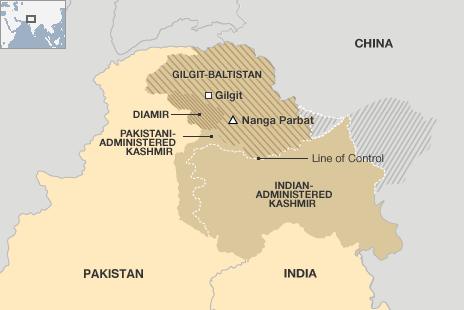
- Published24 June 2013
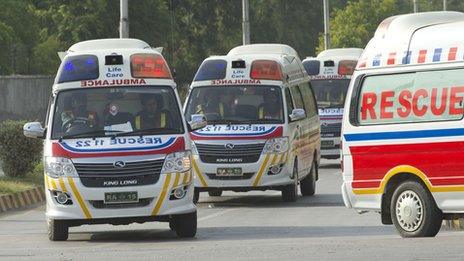
- Published23 June 2013
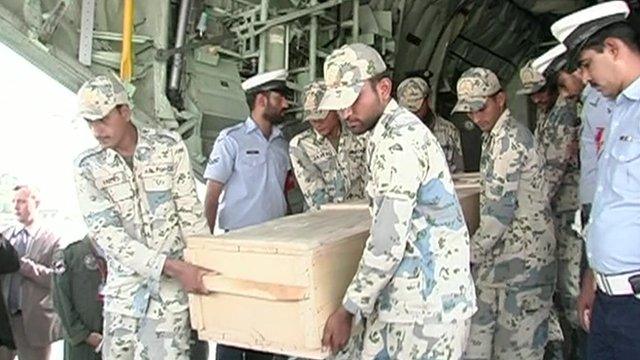
- Published12 August 2022
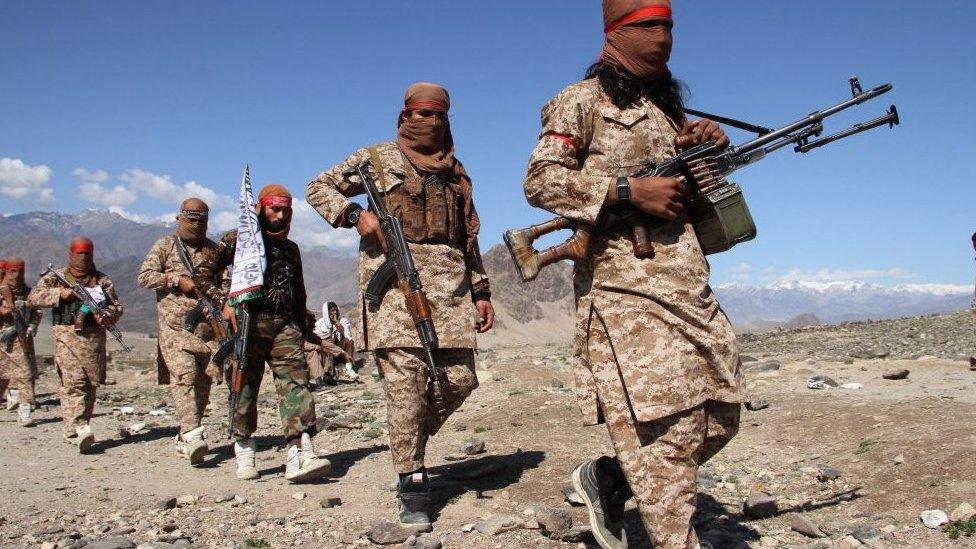
- Published15 March 2024
